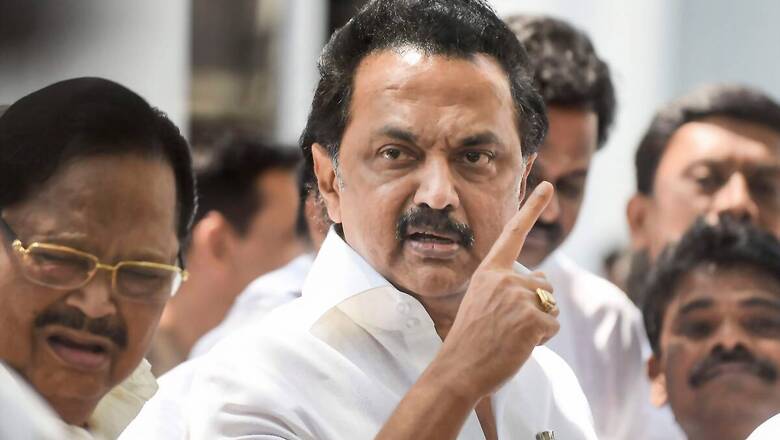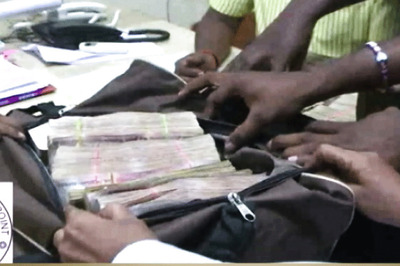
views
DMK President M K Stalin on Saturday urged the Centre to "halt the implementation" of the National Education Policy (NEP) 2020 since the three-language formula allegedly undermined the dignity of Tamil language.
He claimed the "unilateral" move by the Central government to have a larger say on education policy has serious repercussions on the idea of federalism, which is the mainstay of the Indian union.
"While the country is reeling from the impact of COVID-19 pandemic and the economy is stagnating, the unilateral decision to approve the NEP 2020 without discussion or deliberation in Parliament undermines the foundational principles of our democracy," he said in a letter to Prime Minister Narendra Modi and Union Education Minister Ramesh Pokhriyal on Friday.
Stalin argued that the two-language formula with compulsory Tamil learning has already been implemented and progressed well in Tamil Nadu and the three-language formula proposed in the education policy with a "compulsory" option of Sanskrit at all levels of education, including higher education, cannot be accepted.
"This move undermines the glory and dignity of Tamil language and is an affront to the feelings of the people of Tamil Nadu, he alleged.
"Trilingual education not just imposes severe burden on the children but it also imposed an identity which people in different states may not be able to relate to," Stalin further claimed.
He said the DMK strongly opposed various provisions and submitted suggestions to the Centre when the draft of the policy was given for public scrutiny in 2019.
"However, the NEP that has been approved is in no way different to its previous draft in 2019 with none of the recommendations incorporated," heclaimed.
"The one size fits for all approach in this policy creates unnecessary additional barriers for students from all parts of the country and all backgrounds to access education," he said.
The DMK leader demanded the Centre to "reinstate a consultative process" to bring in all relevant stakeholders from the States and Centre on board, to discuss and critically analyse the policy to redraft it and take it through a Parliament session, which will be in the best interest of all students across the country.




















Comments
0 comment